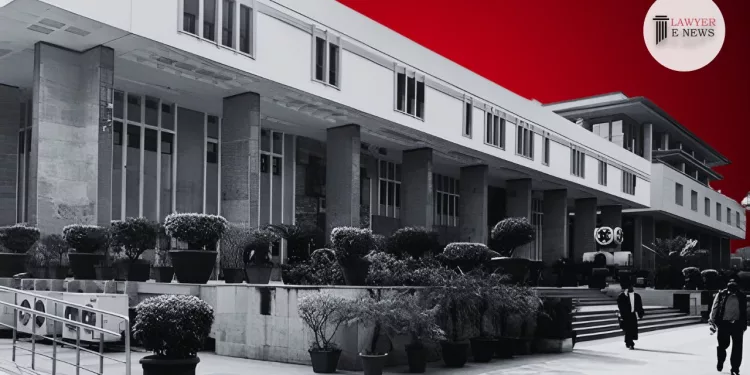Despite Submissions, Subject Invention Lacks Inventive Step; Obvious to Person Skilled in the Art” – Delhi High Court Dismisses Google LLC’s Patent Appeal

In a significant ruling, the High Court of Delhi dismissed an appeal filed by Google LLC against the refusal of a patent application. The decision, pronounced by Justice Prathiba M. Singh, dealt with a patent application titled ‘Managing Instant Messaging Sessions on Multiple Devices’.
Brief on Legal Point:
The central legal point revolved around the inventive step and novelty in patent law. The appeal, filed under Section 117A of the Patents Act, 1970, challenged the refusal of the patent on grounds of lack of novelty, inventive step, and non-patentability under Section 3(k) of the Act.
Facts and Issues:
Google LLC’s patent application (No. 5429/DELNP/2007) proposed a method for managing instant messaging sessions across multiple devices. The Controller of Patents had earlier refused the application, citing lack of novelty and inventive step, with prior arts like D1: US2003101343 significantly overlapping in functionalities.
Detailed Court Assessment:
Claim Construction: The court delved into the specifics of the claimed invention, focusing on its key features like concurrent sign-on, session transfer, and user preferences for non-mirroring.
Assessment of Prior Art: Prior Art D1 was scrutinized, revealing substantial overlap with Google’s application, particularly in session data transfer and user preferences.
Inventive Step Analysis: The court applied established tests, concluding that the patent application’s features were obvious to a skilled person.
Misrepresentation by Appellant: Google LLC incorrectly reported the status of the corresponding European patent application, leading to the imposition of costs for presenting incorrect facts.
Decision: The High Court upheld the decision of the Controller of Patents, finding the patent application lacking in inventive step and novelty. The claims were deemed obvious extensions of prior art D1, leading to the dismissal of Google LLC’s appeal.
Date of Decision: 2nd April, 2024
Google LLC versus The Controller of Patents






